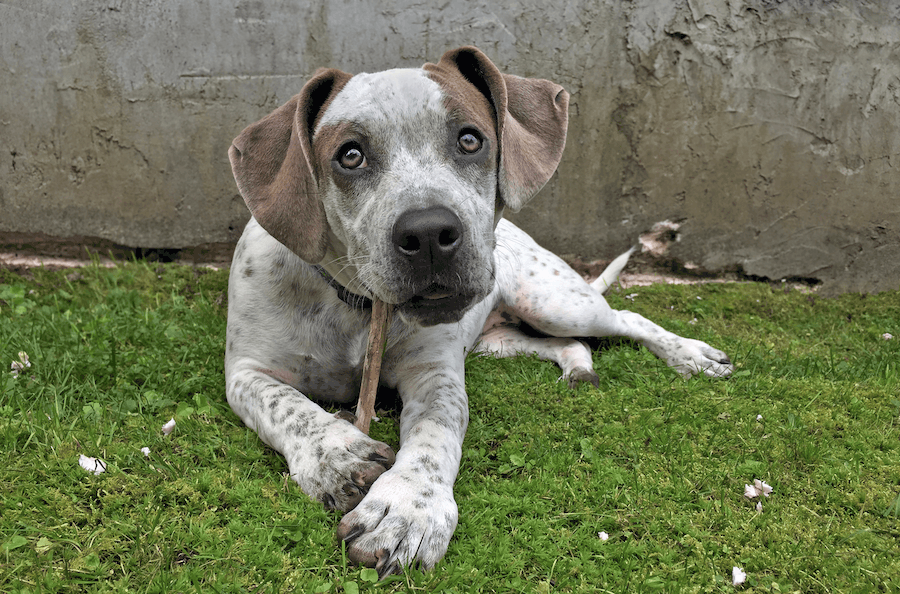October is Adopt a Dog month, and to celebrate we have a guest post by John Woods, founder of All Things Dogs, member of the
Association of Professional Dog Trainers and former shelter volunteer for
Cheshire Dogs Homes; one of the UK’s leading rescue dog homes. Thank you John.
Association of Professional Dog Trainers and former shelter volunteer for
Cheshire Dogs Homes; one of the UK’s leading rescue dog homes. Thank you John.
Three Lessons from a Shelter Worker for a Perfect Life with Your Rescue Dog
Guest Post by John Woods
Dog adoption can bring overwhelming joy, love and
even healing into a lucky rescue dog-parents life.
even healing into a lucky rescue dog-parents life.
Few things can be more joyful in life than a dog’s
unconditional love and unfailing loyalty. Friendship and trust are words which
beautifully capture the bond between canine and human. Experiences shared
between rescue dog and parent, from late nights spent playing fetch to early
morning walks, create an incredible bond.
unconditional love and unfailing loyalty. Friendship and trust are words which
beautifully capture the bond between canine and human. Experiences shared
between rescue dog and parent, from late nights spent playing fetch to early
morning walks, create an incredible bond.
If you have experienced rescuing a shelter dog, or
temporarily fostering an animal, you are all too aware of the important
responsibility, and role you have as a dog-parent, to rehabilitate and
re-socialize your rescue dog.
temporarily fostering an animal, you are all too aware of the important
responsibility, and role you have as a dog-parent, to rehabilitate and
re-socialize your rescue dog.
As October is Adopt-A-Dog
Month® and November is senior pet month, there isn’t a better time to talk
about and share experiences of dog adoption. Here are some lessons from a
shelter worker to help prepare you for a life full of joy with a rescue dog.
Month® and November is senior pet month, there isn’t a better time to talk
about and share experiences of dog adoption. Here are some lessons from a
shelter worker to help prepare you for a life full of joy with a rescue dog.
1. You Are Responsible
There are many reasons why people choose to adopt a dog,
from companionship to improved health benefits. Throughout all of these reasons,
responsibility is a core tenet which must be understood by rescue dog-parents.
from companionship to improved health benefits. Throughout all of these reasons,
responsibility is a core tenet which must be understood by rescue dog-parents.
Unfortunately, up to one in five rescue dogs are no longer
owned by their adopted parents within six months of adoption.
owned by their adopted parents within six months of adoption.
There are many reasons behind this: changes in circumstances,
moved home, new job and impulse decisions to name a few. However, a responsible
owner will know, there are very few reasons which an owner can justify to
return a rescue dog. When you adopt a dog, it is a commitment for the dog’s
life—and that can be up to 15 or more years.
moved home, new job and impulse decisions to name a few. However, a responsible
owner will know, there are very few reasons which an owner can justify to
return a rescue dog. When you adopt a dog, it is a commitment for the dog’s
life—and that can be up to 15 or more years.
From experience, some rescue dogs will require a little bit
more loving, care and attention than a puppy; re-training, re-housebreaking and
re-socializing are the responsibility of the new parent.
more loving, care and attention than a puppy; re-training, re-housebreaking and
re-socializing are the responsibility of the new parent.
Responsibility is a commitment to loving, boding with and
caring for your rescue dog. This starts before dog adoption (to ensure compatibility
and readiness) and last throughout the dog’s life. This involves training your
dog, maybe to even become a recognized canine good citizen, re-socializing your
dog into a loving household and being financially responsible for the costs of
dog ownership.
caring for your rescue dog. This starts before dog adoption (to ensure compatibility
and readiness) and last throughout the dog’s life. This involves training your
dog, maybe to even become a recognized canine good citizen, re-socializing your
dog into a loving household and being financially responsible for the costs of
dog ownership.
The typical cost of annual dog ownership in the united
states is $1,500. This includes food, grooming, walking expenses and vet
bills.
states is $1,500. This includes food, grooming, walking expenses and vet
bills.
2. Temperament and Compatibility
There are many circumstances that can change across a decade
in our life. With change comes new life and opportunity, but, we mustn’t forget
commitments we have made in the past and honor them.
in our life. With change comes new life and opportunity, but, we mustn’t forget
commitments we have made in the past and honor them.
In order to ensure responsible dog ownership, it’s important
you understand compatibility and temperament of dogs. The temperament of a dog
is terminology used to try and describe the internal or acquired traits of a
dog which may regulate their response to a given scenario or environment.
you understand compatibility and temperament of dogs. The temperament of a dog
is terminology used to try and describe the internal or acquired traits of a
dog which may regulate their response to a given scenario or environment.
First of all, it’s important to be clear. Temperament is
typically used when we talk about purebred dogs (i.e. a recognized breed). When
rescuing a dog, you may get a mix, hybrid or mongrel; not necessarily a
purebred. Therefor it is more difficult
to identify their “temperament” based on a specific breed. Each dog must be
considered as an individual.
typically used when we talk about purebred dogs (i.e. a recognized breed). When
rescuing a dog, you may get a mix, hybrid or mongrel; not necessarily a
purebred. Therefor it is more difficult
to identify their “temperament” based on a specific breed. Each dog must be
considered as an individual.
Having worked in a national rescue center for dogs and cats,
the best method is for to-be rescue dog-parents to spend time and consider
their lifestyle and activity before adopting a dog. How much time do they spend
at home, what activities do they enjoy, how active are they? These simple
questions will reveal important information about your commitment levels and
the type of companion you are searching for.
the best method is for to-be rescue dog-parents to spend time and consider
their lifestyle and activity before adopting a dog. How much time do they spend
at home, what activities do they enjoy, how active are they? These simple
questions will reveal important information about your commitment levels and
the type of companion you are searching for.
3. Adoption Day One
As a rescue worker, day one of adoption can be a very
exciting day. Typically, this means the shelter has performed a home visit and successfully
matched rescue dog and parents. Day one is the day a rescue dog is given a new
life and adopted from the shelter to a new and loving home. Excitement and
energy are high during the first few hours; especially for the dog-parents.
exciting day. Typically, this means the shelter has performed a home visit and successfully
matched rescue dog and parents. Day one is the day a rescue dog is given a new
life and adopted from the shelter to a new and loving home. Excitement and
energy are high during the first few hours; especially for the dog-parents.
However, your rescue dog may be feeling anxious, uncertain
and stressed during these first few hours, so understanding about dog body
language and taking some basic steps can go a long way:
and stressed during these first few hours, so understanding about dog body
language and taking some basic steps can go a long way:
·
*Transport the dog in a crate and make sure this
crate is placed in their home and is always accessible to them.
*Transport the dog in a crate and make sure this
crate is placed in their home and is always accessible to them.
· *
Give them time to acclimate to your home, have
areas safely prepared for their arrival.
Give them time to acclimate to your home, have
areas safely prepared for their arrival.
·
*Get the feed from the shelter so you don’t
drastically change his diet in the first couple of weeks and transition any new
food gradually.
*Get the feed from the shelter so you don’t
drastically change his diet in the first couple of weeks and transition any new
food gradually.
· *
Stick to a feed, play and toilet schedule during
the first few weeks to get your dog adjusted to their new life.
Stick to a feed, play and toilet schedule during
the first few weeks to get your dog adjusted to their new life.
I hope this advice and experience will help you on your
journey to finding and adopting a loving canine who will bring lots of joy and love
into your life.
journey to finding and adopting a loving canine who will bring lots of joy and love
into your life.



